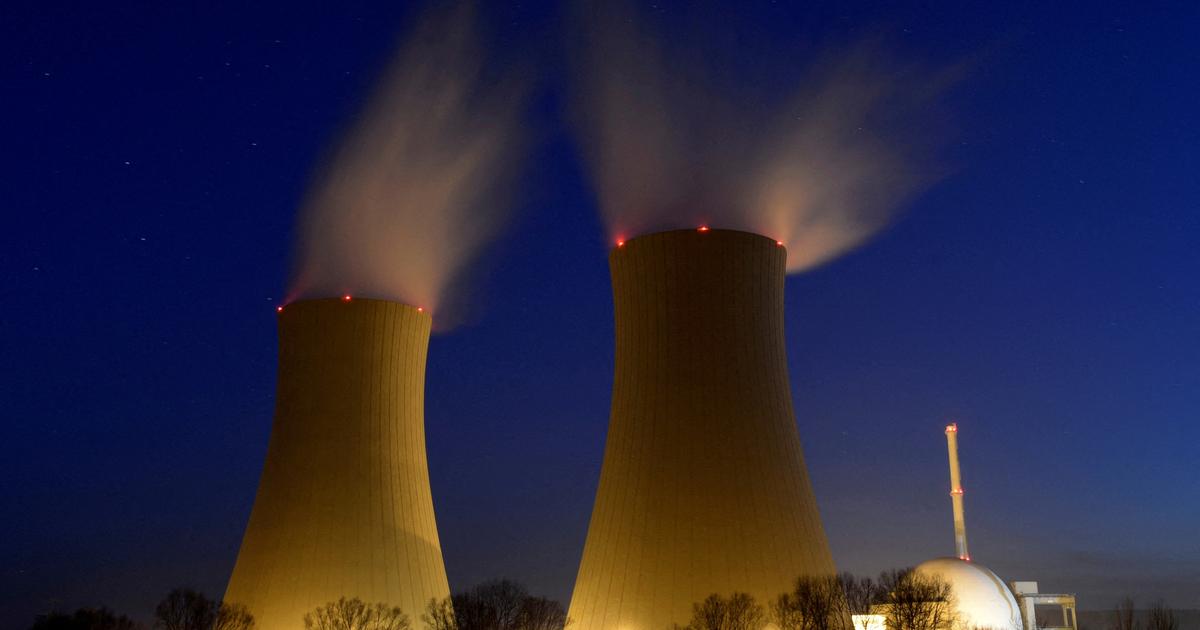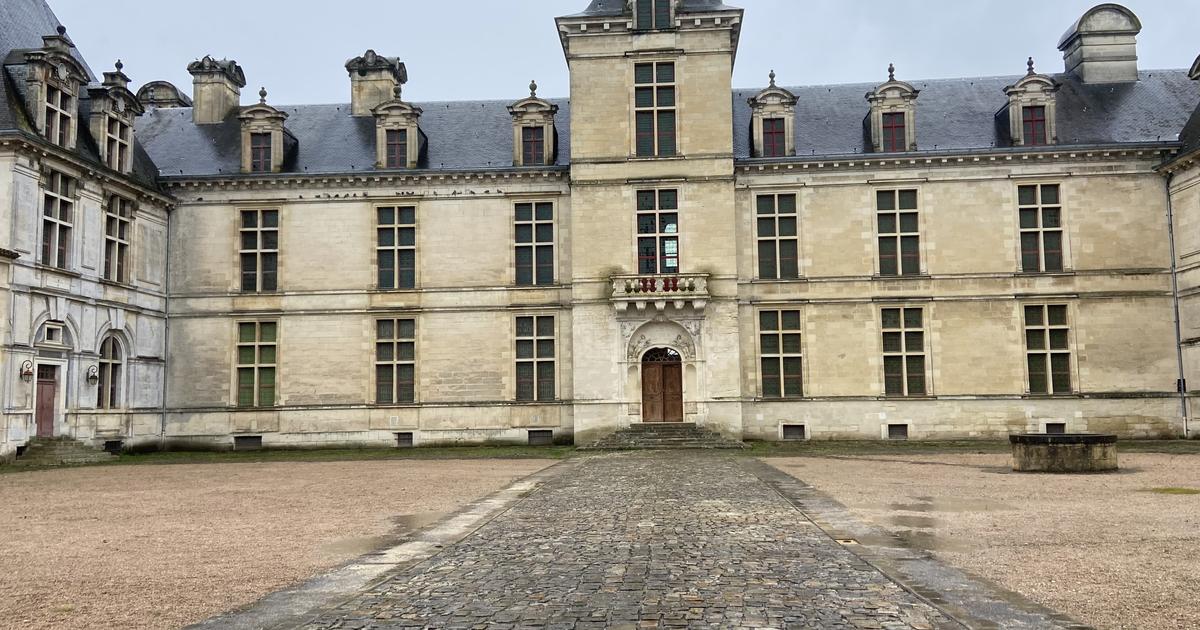Icon: enlarge
June 2020 monument fall in Bristol: Protesters plunge the statue of slave owner Edward Colston into the harbor basin
Photo: Ben Birchall / PA Wire / dpa
In the debate about Britain's colonial legacy, the British government wants to protect the country's memorials from being abolished or renamed.
"I will change the law to protect historical monuments and to make it clear that we are not repeating the mistakes of past generations," wrote British building minister Robert Jenrick in a guest article in the Sunday Telegraph.
In the future, a formal process would have to be initiated if parts of British cultural heritage were to be removed.
The conservative politician wants to explain details of his legislative proposal in parliament on Monday.
Monument collapse in the name of "Black Lives Matter"
Jenrick is responding to several memorial attacks from last summer.
In the course of the protests against the violent death of the African-American George Floyd in May in the USA, demonstrators in Bristol overturned the monument to the slave trader Edward Colston from its pedestal and thrown it into the harbor basin.
The action became a symbol of the "Black Lives Matter" protests in Great Britain.
Colston (1636-1721) has been revered as a benefactor in Bristol for centuries for his support for poor houses and schools.
However, much of his wealth was based on the slave trade.
A statue of the former Prime Minister Winston Churchill in central London's Parliament Square had also been attacked repeatedly.
There have also been debates about renaming streets, squares or monuments associated with Britain's colonial past.
The renowned British Museum had removed a bust of its founding father Hans Sloane, who had slaves work for him, from its original location on its own initiative.
Minister Jenrick criticized the actions: "We will save Britain's statues from the vigilant militants who want to censor our past."
Boris Johnson outraged about "self-discrimination"
The last time there was trouble in Great Britain because of two very patriotic songs that are traditionally played at the famous "Last Night of the Proms" concert.
Critics had asked for the pieces to be removed from the program.
In the work »Rule, Britannia!« From 1740 it says among other things: »Rule Britannia ... Britons will never be slaves«.
Many Brits always sing along to the song at the finale of the annual summer concert series, waving Union Jack flags.
The song "Land Of Hope And Glory", which is always played at the end, was also on the brink.
After a dispute, the BBC, as the organizer, found a solution: both songs could be heard in orchestral versions - i.e. without singing.
Prime Minister Boris Johnson reacted angrily to the changes at the time.
He called for an end to "self-discrimination".
Icon: The mirror
mrc / dpa









